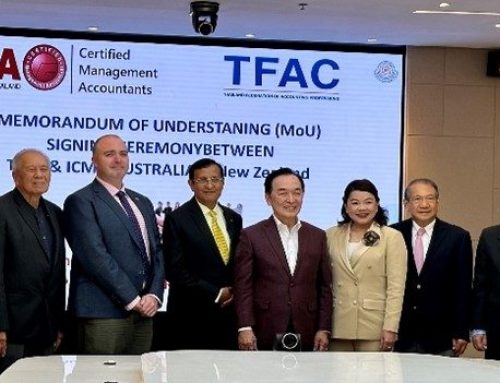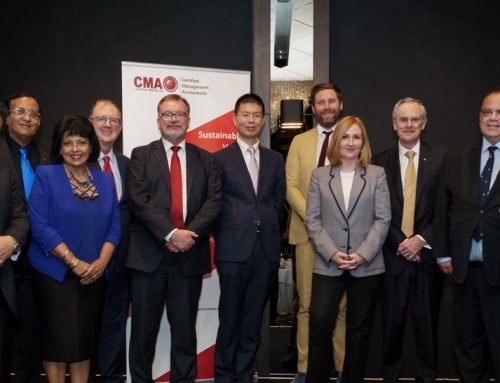Until the recent Australian Federal Election results were announced, in which the ruling Coalition government had a miraculous victory, Professor Janek Ratnatunga, CEO of the Institute of Certified Management Accountants (ICMA), says that the ideology of climate change caution – was on the edge of being eradicated in favour of immediate and urgent climate change action.
Professor Ratnatunga states that the Australian results go against worldwide trends, where the debate about modelling, costs and economic impacts is being replaced by the principle of urgent action to fight global warming. In early May 2019, the British parliament passed a declaration that environment and climate change is an emergency – putting Britain on a “war footing” on climate. The high-profile Swedish schoolgirl Greta Thunberg tweeted: “Now other nations must follow”.
In the fierce debate that raged during the Australian Federal election campaign, on one side of the political spectrum were competing models that predicted wildly different and significantly scary outcomes for the economy resulting from climate action; whilst on the other side of the political spectrum was the view that economic cost modelling is “yesterday’s news” and that the “cost of not acting on climate change is far worse than acting on climate change” and that any Government should “…just get on with it”.
Professor Ratnatunga says that the Coalition government’s miraculous victory indicates either that a majority of the Australian people still want to see the cost impact of climate action – i.e. they do not want to “get on with it” without knowing the costs of what they are getting into; or that climate change is viewed by many as “tomorrow’s question” – to be solved when the economy is more resilient.
Professor Ratnatunga says that the inescapable fact is that it is not possible to know the cost of climate action with even the remotest degree of accuracy. If you consider the range of assumptions that economist make in their modelling, any combination of expected economic outcomes of the cost climate action is possible – it depends on who is paying the bill for the modelling.
As such, he says that there are one of five approaches a person can take to interpreting modelling results: one, believe all results that fit with one’s prejudices and ignore all those that do not; two, don’t accept any results; three, enjoy all the comforts that a carbon-centred life can bring until the lights go out; four, leave your fate in your creator’s hand (or on luck); or five, forget about the dire predictions of the economic cost models and get galvanized into immediate and urgent climate action.
Professor Ratnatunga is concerned that the last approach can border on extremism and civil disobedience. The logic cannot be avoided – once you say the issue is human extinction then you open the door to suspension or interruption of the democratic process to save the planet. This, he says, should be avoided.
Australia has had a largely peaceful political debate and an outcome that appears to still favour caution in climate action. But there should a limit to such caution. Now that politics is over, it is time for urgent climate action.
Otherwise, he says, it will take another miracle to save this planet.
Institute of Certified Management Accountants, Australia
[ends]CEO, ICMA Australia
Mobile: +61432758380
Email: [email protected]
Professor Janek Ratnatunga is the CEO of the Institute of Certified Management Accountants, Australia. He has held senior appointments at the University of South Australia, Monash University, University of Melbourne, and the Australian National University in Australia; and the Universities of Washington, Richmond and Rhode Island in the USA. Prior to his academic career he worked as a chartered accountant with KPMG. He has also been a consultant to many large Australian and international companies and to the World Bank.



Stay In Touch